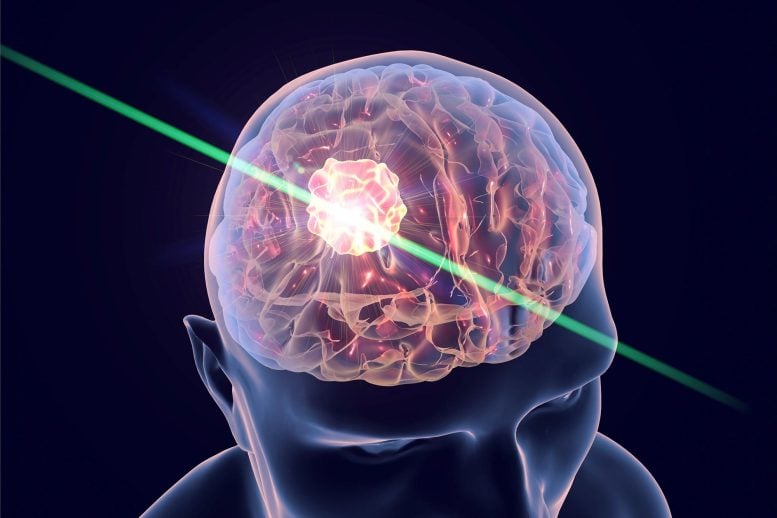
Researchers have developed bio-nanoantennae that, when electrically stimulated, can target and kill specific brain cancer cells. This ‘quantum therapeutic’ approach offers a promising new direction in cancer treatment.
Scientists have discovered innovative new method to target and kill cancer cells in hard-to-treat brain tumors using electrically charged molecules to trigger self-destruction, that could be developed into a spray treatment used during surgery.
A multidisciplinary team of researchers from the University of Nottingham, led by the School of Pharmacy found a new way to harness the extraordinary capabilities of bio-nanoantennae—gold nanoparticles intricately coated with specialized redox active molecules to induce programmed cell death, or apoptosis, in cancer cells on electrical stimulation. The research has been published today (September 14) in the journal Nature Nanotechnology.
Targeting Glioblastoma Cells
The research focuses on patient-derived glioblastoma cells, an elusive and formidable form of brain cancer that has long evaded effective treatment. The five-year survival rate for glioblastoma is only 6.8% and the average length if survival for patients is estimated to be only 8 months from diagnosis.
The bio-nanoantennae were able to specifically target glioblastoma cells, leaving healthy cells unscathed. This unprecedented level of precision opens up new possibilities for developing treatment for glioblastoma during surgical resection of the tumor, when the bio-nanoantennae would be sprayed or injected.
Quantum Therapeutic Approach
The researchers, which included experts from the Schools of Engineering, Physics and Medicine have now established what is thought to be the first ‘quantum therapeutic’, which taps into the potential of quantum signaling to combat cancer.
Dr. Frankie Rawson led the research and explains: “The team showed that cancer cells succumb to the intricate dance of electrons, orchestrated by the enchanting world of quantum biology. With the advent of bio-nanoantennae, this vision of real-world quantum therapies edge closer to reality. By precisely modulating quantum biological electron tunneling, these ingenious nanoparticles create a symphony of electrical signals that trigger the cancer cells’ natural self-destruction mechanism.”
The team has now secured MRC impact acceleratory funding, has filed for a patent, and is beginning to translate the technology to this eventual clinical application. Further rigorous research and validation are essential to ensure the safety and effectiveness of bio-nanoantennae for human use.
Dr. Ruman Rahman from the School of Medicine and co-author of the study, adds: “Treating glioblastoma tumors has long presented challenges for clinicians and prognosis for patients is still poor, which is why any research showing the promise of a new effective treatment is hugely exciting. This research has shown the possibilities presented by quantum therapeutics as a new technology to communicate with biology. The fusion of quantum bioelectronics and medicine brings us one step closer to a new treatment paradigm for disease.”
Reference: “Wireless electrical–molecular quantum signalling for cancer cell apoptosis” by Akhil Jain, Jonathan Gosling, Shaochuang Liu, Haowei Wang, Eloise M. Stone, Sajib Chakraborty, Padma-Sheela Jayaraman, Stuart Smith, David B. Amabilino, Mark Fromhold, Yi-Tao Long, Lluïsa Pérez-García, Lyudmila Turyanska, Ruman Rahman and Frankie J. Rawson, 14 September 2023, Nature Nanotechnology.
DOI: 10.1038/s41565-023-01496-y

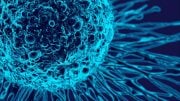
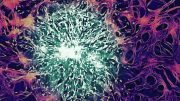

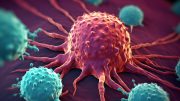
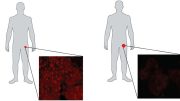
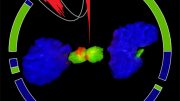


Yes